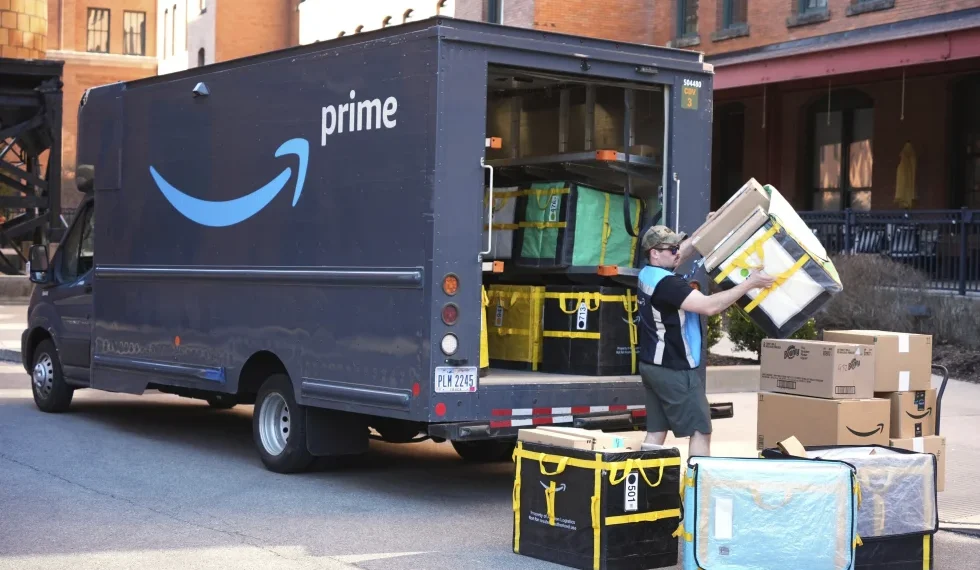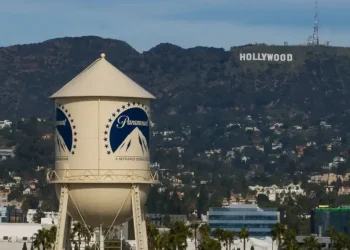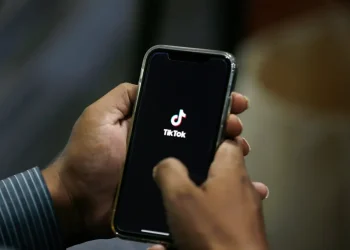Amazon Reaches $2.5 Billion Settlement With FTC Over Prime Membership Practices
Published: September 26, 2025, 19:15 EDT
Amazon has agreed to pay $2.5 billion to settle allegations brought by the Federal Trade Commission (FTC) that the company misled customers into signing up for Prime memberships and made it unnecessarily difficult for them to cancel. The settlement, announced Thursday, includes a $1 billion civil penalty and $1.5 billion in refunds to affected consumers.
Background of the FTC Case
The case stems from an FTC investigation into Amazon’s subscription practices under the Restore Online Shoppers’ Confidence Act of 2010, which requires clear disclosures and consent for online charges. Regulators alleged that Amazon designed its checkout process to steer customers into Prime without their explicit agreement and created obstacles when customers tried to cancel.
The lawsuit, filed in 2023, advanced to trial this week in U.S. District Court in Seattle. Within days, Amazon opted to settle, avoiding a protracted legal battle. Chris Mufarrige, director of the FTC’s Bureau of Consumer Protection, said the settlement showed the company recognized its position was untenable. “It just took a few days for them to see that they were going to lose. And they came to us and they paid out,” Mufarrige told reporters.
Amazon’s Response to the Settlement
Amazon denied wrongdoing in the case but said it chose to resolve the matter to move forward. Company spokesman Mark Blafkin said: “Amazon and our executives have always followed the law, and this settlement allows us to focus on innovating for customers. We work incredibly hard to make it clear and simple for customers to sign up or cancel their Prime membership, while offering substantial value to millions of members worldwide.”
The company said it has already implemented reforms in its Prime sign-up and cancellation processes in recent years and argued the settlement does not require significant new changes.
Refunds and Customer Compensation
As part of the agreement, the FTC announced that up to $1.5 billion will be distributed as refunds. Eligible Prime customers may receive automatic refunds of up to $51 if they signed up through certain checkout flows—such as Amazon’s “Single Page Checkout”—between June 23, 2019, and June 23, 2025. These refunds are expected to be processed within 90 days of the settlement order.
Additionally, Amazon will establish a claims process for more than 30 million customers who may have been affected by cancellation-related issues.
Prime Membership as a Core Business
Prime remains central to Amazon’s business model. The subscription service, which costs $139 annually or $14.99 monthly, provides benefits including expedited shipping, streaming access, and discounts at Whole Foods stores.
Amazon reported in July that subscription services, including Prime, generated over $12 billion in net revenue during the previous quarter—a 12% year-over-year increase. With more than 200 million members worldwide, Prime is among the largest subscription services globally and a critical driver of customer loyalty for Amazon.
Allegations of Manipulative Design
The FTC complaint alleged that Amazon used design tactics that obscured the fact that consumers were being enrolled in Prime. In some cases, customers clicked a button to complete a purchase, not realizing that doing so also signed them up for a paid subscription.
Canceling Prime was also criticized as unnecessarily complex. Internally, Amazon reportedly referred to its multi-step cancellation system as “Iliad,” a nod to the prolonged Trojan War siege in Greek mythology. The process required users to confirm their decision across multiple pages, with Amazon executives allegedly resisting efforts to simplify the process.
Regulatory and Legal Context
The FTC’s action is part of a broader trend of scrutiny toward large technology companies. The investigation into Prime began in 2021 and gained momentum under FTC Chair Lina Khan, a noted antitrust scholar appointed by President Joe Biden. The lawsuit was filed in 2023 and coincided with a separate antitrust case against Amazon that accused the company of maintaining monopolistic control over online retail markets.
The settlement is also significant when compared to prior FTC actions. In 2019, Facebook (now Meta) was fined $5 billion for violating a privacy order. While Amazon’s $2.5 billion payout is smaller, the $1 billion civil penalty represents the largest fine ever imposed by the FTC for a rule violation applicable to all companies.
Settlement Terms and Compliance Requirements
Under the terms of the settlement, Amazon must clearly disclose subscription costs and obtain explicit consent before charging customers. The company is prohibited from using misleading language in checkout flows, such as prompts implying free shipping is forfeited if Prime is declined.
The agreement also mandates that automatic renewals be clearly disclosed and that cancellation processes must not be “difficult, costly, confusing, or time-consuming.”
The FTC emphasized that these requirements are designed to protect consumers from deceptive practices and ensure transparency in subscription services across the industry.
Implications for Amazon and the Industry
The settlement highlights the challenges faced by digital platforms that rely on subscription revenue while balancing consumer protection requirements. Analysts say the case may influence how companies structure subscription enrollment and cancellation systems going forward.
While Amazon avoided admitting liability, the case underscores ongoing tensions between regulators and major technology firms. It also signals that subscription practices—a key driver of recurring revenue in the digital economy—will remain under close scrutiny.
For Amazon, the settlement removes a significant legal challenge but may also encourage lawmakers and regulators to pursue broader reforms in the online marketplace.
This article was rewritten by JournosNews.com based on verified reporting from trusted sources. The content has been independently reviewed, fact-checked, and edited for accuracy, neutrality, tone, and global readability in accordance with Google News and AdSense standards.
All opinions, quotes, or statements from contributors, experts, or sourced organizations do not necessarily reflect the views of JournosNews.com. JournosNews.com maintains full editorial independence from any external funders, sponsors, or organizations.
Stay informed with JournosNews.com — your trusted source for verified global reporting and in-depth analysis. Follow us on Google News, BlueSky, and X for real-time updates.














